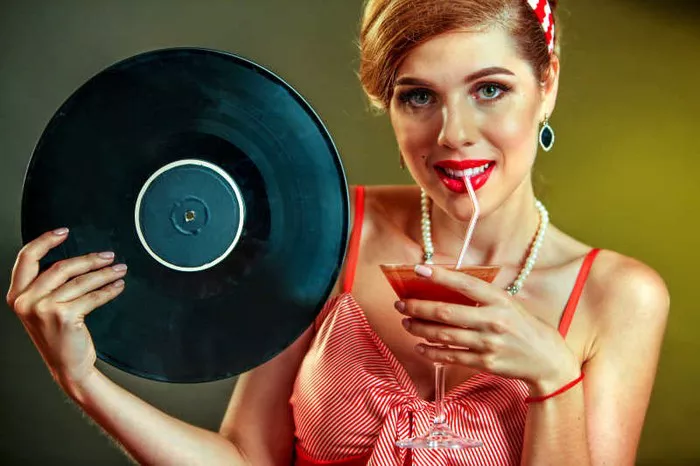The enigmatic origins of cocktails have been the subject of much debate and speculation over the years. The allure of these mixed drinks, known for their creativity, flavors, and social appeal, sparks curiosity about their inception. The question that often arises is: which country invented cocktails? Unraveling this history involves a journey through time, across continents, and through the evolution of mixed drinks that have become a global phenomenon.
Early Beginnings: Tracing the Origins of Cocktails
The etymology of the term “cocktail” remains shrouded in mystery. One of the earliest recorded instances of the word dates back to the early 19th century in the United States. It is believed that the term might have derived from a variety of sources, including the practice of placing feathers or other ornamentation in the tail of a horse—a “cock-tail”—as a sign of distinction. However, the specific country of origin for cocktails isn’t precisely tied to this term’s creation.
The American Influence: Birthplace of Modern Cocktails?
The United States undoubtedly holds a prominent position in the evolution and popularization of cocktails. American bartenders and mixologists have played a pivotal role in refining and showcasing mixed drinks as an art form. The 19th and early 20th centuries saw an explosion of creativity in American bars, notably in cities like New York and New Orleans. The iconic cocktail creations such as the Martini, Manhattan, and Sazerac emerged during this era.
However, while the US contributed significantly to the development and culture of cocktails, attributing the invention of cocktails solely to America overlooks the global history and multicultural influences that shaped these beverages.
European Influence: Preceding America’s Cocktail Culture
Europe, particularly countries like England, France, and Italy, boasts a rich history of mixed drinks that predates the American cocktail culture. The 18th century witnessed the rise of punches, concoctions that combined spirits, fruits, spices, and other ingredients—a precursor to modern cocktails. England’s relationship with gin, France’s artistry with brandy, and Italy’s contributions to liqueurs laid the groundwork for what would eventually evolve into the cocktail culture.
In fact, several classic cocktail recipes have European origins. The “Old Fashioned,” for instance, traces its roots to the early 19th century and was originally made with spirits like brandy or gin in Europe before whiskey became its primary ingredient in America.
Global Fusion: The Influence of Diverse Cultures
As the world interconnected through exploration, trade, and colonization, diverse cultures began exchanging ingredients, techniques, and drinking customs. This cultural amalgamation significantly impacted the evolution of cocktails. Countries like Cuba, Mexico, and the Caribbean islands made substantial contributions to the cocktail landscape with creations like the Mojito, Margarita, and Daiquiri, respectively.
Moreover, the spice trade and the exploration of the New World introduced a myriad of exotic ingredients to Europe, influencing the flavors and ingredients used in cocktails. For instance, the addition of citrus fruits, sugar, and various spices from Asia, Africa, and the Americas revolutionized the art of mixology.
Innovation and Evolution: A Continuing Narrative
The history of cocktails is not static; it is an ever-evolving narrative. Innovation in the spirits industry, the emergence of craft distilleries, and the revival of forgotten recipes have led to a resurgence of interest in traditional cocktails. Mixologists around the world continue to experiment with ingredients, techniques, and flavors, pushing the boundaries of what constitutes a cocktail.
Contemporary cocktail culture is characterized by creativity and a revival of classic recipes with a modern twist. Bartenders strive to create unique and memorable experiences for patrons, often incorporating local and seasonal ingredients to craft innovative libations.
Acknowledging the Diversity of Origins
Attempting to pinpoint a single country as the definitive birthplace of cocktails overlooks the intricate tapestry of influences that have shaped these beverages. The evolution of cocktails is a testament to the interconnectedness of cultures and the continuous exchange of ideas throughout history.
While the United States holds a prominent position in popularizing and refining cocktails, attributing the invention of cocktails to any single country undermines the diverse contributions from various regions across the globe. Each country’s unique drinking customs, indigenous ingredients, and historical contexts have contributed to the diverse spectrum of cocktails enjoyed worldwide today.
Conclusion
The question of which country invented cocktails remains elusive, woven into the fabric of history with multiple threads intertwining across continents and centuries. Cocktails are a product of cultural exchange, innovation, and the collective creativity of humanity’s relationship with spirits and flavors.
While the United States has undeniably contributed significantly to the global cocktail culture, acknowledging the diverse origins and influences from Europe, Latin America, the Caribbean, and beyond is essential in understanding the rich tapestry of cocktail history. The beauty of cocktails lies in their universality—they transcend borders, reflecting the global exchange of tastes, ingredients, and techniques that have evolved over centuries, captivating enthusiasts worldwide.


